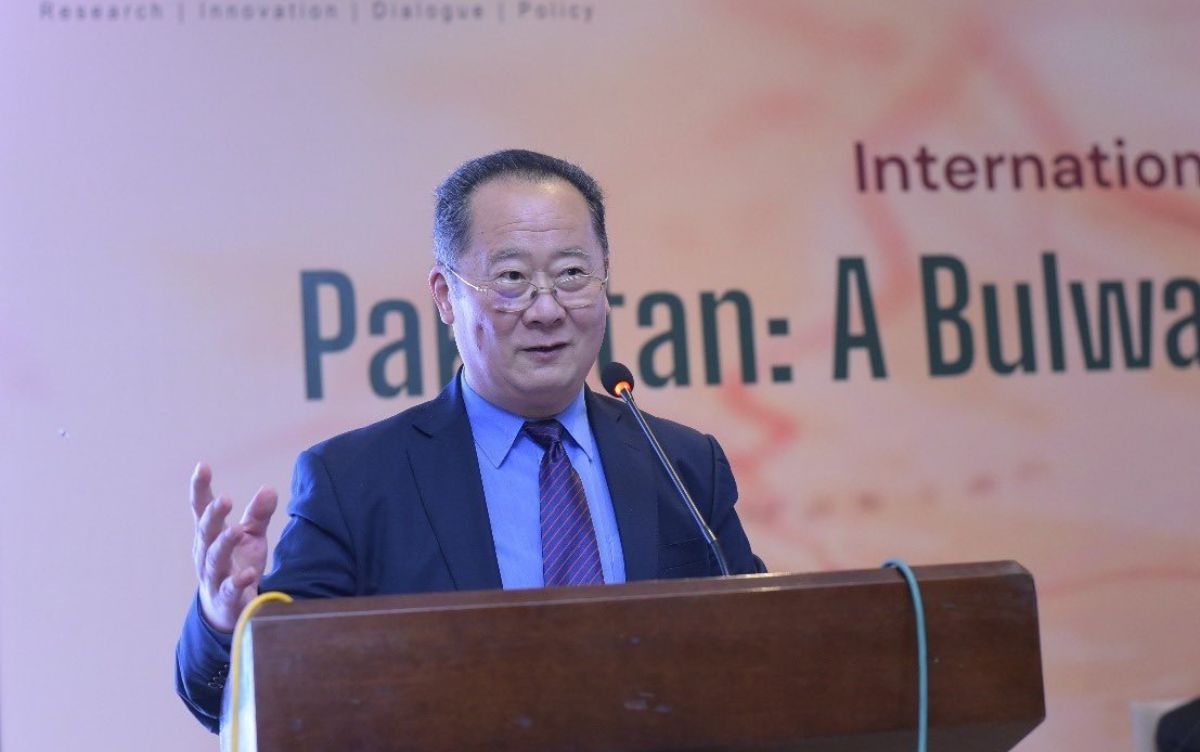How China’s Tech Support Is Powering Pakistan’s Development
China’s continued technology transfer to Pakistan is fueling rapid economic transformation across multiple sectors, significantly enhancing the country’s overall development capacity and national strength.
According to Prof. Cheng Xizhong, Senior Research Fellow at Beijing’s Charhar Institute, China’s contributions span diverse fields including energy, industry, agriculture, and information technology, where collaborative initiatives have delivered tangible progress.
 P.c. China Pakistan Economic Corridor
P.c. China Pakistan Economic Corridor
In the energy sector, China’s transfer of clean technologies—covering solar, wind, and nuclear power—has reshaped Pakistan’s renewable energy landscape. Through projects like the Karachi Nuclear Power Plant (KANUPP), Chinese innovation has not only boosted power generation capacity but also strengthened local manufacturing and technical expertise. The China National Nuclear Corporation (CNNC) has played a pivotal role in developing Pakistan’s supporting industries, facilitating technology upgrades, and nurturing skilled professionals.
Leveraging the China-Pakistan Economic Corridor (CPEC), Pakistan has launched the cross-border carbon sink trading platform and welcomed major Chinese photovoltaic companies to establish industrial parks. These initiatives have expanded the local new energy equipment manufacturing chain and created over 200,000 green jobs, advancing Pakistan’s clean energy transition. The transfer of solar technologies from China has further reduced installation costs, making solar power more affordable and accessible to the wider population.
In the industrial domain, Chinese enterprises have established specialized industrial parks under CPEC, enhancing Pakistan’s production efficiency and industrial output. Notably, the automotive industry is adopting Chinese electric vehicle (EV) technologies, laying the foundation for a new era in eco-friendly transportation.
China’s role in Pakistan’s agricultural development has also been transformative. Through technical training, seed variety improvement, and modern farming methods, Chinese experts have helped improve crop productivity, ensuring food security and strengthening rural economies.
Additionally, China’s collaboration in the information technology sector has accelerated Pakistan’s digital transformation. Leading companies like Huawei and ZTE have been instrumental in expanding digital communication networks and increasing nationwide internet access. Moreover, China’s AI technology transfer and research partnerships are helping Pakistan’s youth innovate and compete globally. These efforts are fostering the growth of AI-driven startups, enhancing exports, and positioning Pakistan as a rising player in the digital economy.
Prof. Cheng emphasized that China’s technology-driven cooperation with Pakistan is more than economic—it represents a shared vision of progress, sustainability, and mutual growth.